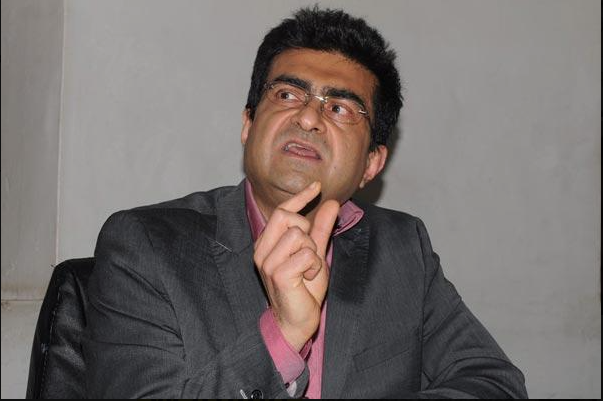
Businessman Kamlesh Pattni is among 28 individuals the US has sanctioned for their alleged ties with a global gold smuggling and money laundering network based in Zimbabwe.
The Department of the Treasury’s Office of Foreign Assets
Control (OFAC), while marking International
Anti-Corruption Day, issued the sanctions pursuant to Executive Order13818, which
targets perpetrators of serious human rights abuse and corruption around the
world.
The department said the global network led by Pattni allegedly facilitated illicit activities by bribing officials, deploying trusted supporters to mask ownership, and weaving a global web of businesses to hide the illicit activities.
It said the fraudulent scheme has reportedly robbed Zimbabwe’s citizens of the benefit of those natural resources while enriching corrupt government officials and criminal actors.
“Across the globe, when corrupt actors like Pattni choose to exploit openings in governance structures to benefit themselves and their cronies, communities suffer and public trust is undermined,” said Acting Under Secretary of the Treasury for Terrorism and Financial Intelligence Bradley T. Smith.
“Corruption respects no borders, and its consequences are felt worldwide. As we mark International Anti-Corruption Day, the United States reaffirms our commitment to use all available tools to hold these individuals to account for their schemes.”
The department added that Pattni’s network allegedly illustrates the globalised nature of corruption, stating that the action demonstrates a way to counter it: a whole-of-government approach and collaboration with allies and partners.
It said Monday’s action was coordinated with the Federal Bureau of Investigations (FBI) and the United Kingdom (UK), reflecting the principles of The United States Strategy on Countering Corruption, released in December 2021, which has been pivotal to the fight against corruption.
In coordination with Treasury’s action, the UK designated Pattni, a UK citizen, and additional individuals.
International Anti-Corruption Day is observed annually on December 9 since the passage of the United Nations Convention against Corruption (UNCAC) in 2003 to raise public awareness of the importance of anti-corruption initiatives in preventing corruption from undermining democratic institutions, eroding governmental stability, and slowing economic development. There are currently 189 parties to the UNCAC.
The FBI collaborates with the Treasury Department and other domestic partners to hold accountable corrupt actors trying to take advantage of the stability of the U.S. financial market.
“These sanctions, on International Anti-Corruption Day, exemplify that we will not allow borders to impede justice and ensure we prevent these criminals from accessing their stolen wealth,” OFAC said.
Over the past year, OFAC designated over 100 individuals and entities across more than a dozen countries for these activities.
Pattni first came to global attention as a result of the Goldenberg scandal in Kenya in the 1990s.
He was accused of manipulating Kenyan export incentives and corrupting senior Kenyan government officials.







![[PHOTOS] Guardian Angel bus catches fire in Kikuyu](/_next/image?url=https%3A%2F%2Fcdn.radioafrica.digital%2Fimage%2F2025%2F04%2F58287f0a-f201-4a78-87f0-6f147ad8ba8a.jpg&w=3840&q=100)



